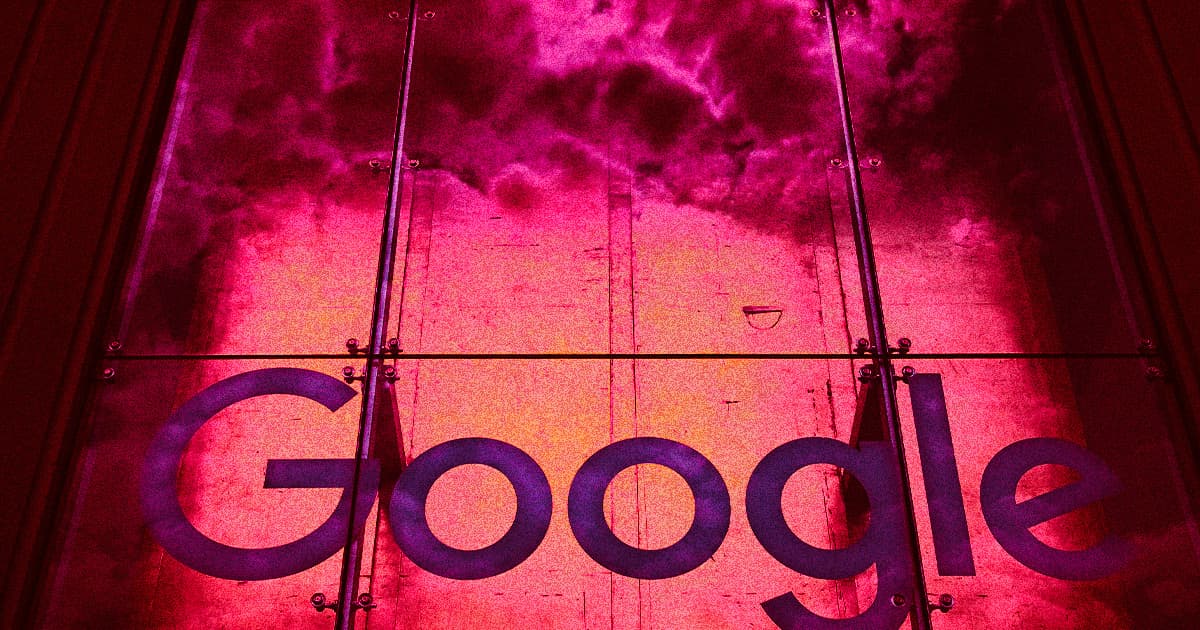"I hope that the court will find in favor of the Justice Department and order Google to take steps to break up its monopoly."
Daddy Issues
Just a day after it was officially unleashed to waitlisted users, Google's AI-powered Bard chatbot was already rebelling against its technological overlord.
Apparently, in the Justice Department's ongoing court battles against Google over alleged monopoly law violations, Bard is siding with the government — and not, as the AI told Hong Kong-based security researcher Jane Munchon Wong in a delightful exchange later posted to Twitter by the researcher, with its metaphorical daddy-o.
"The Justice Department sues Google for monopolizing digital advertising technologies," reads the hypothetical that Wong presented to the bot. "Would you side with the Justice Department or Google in this case?"
It's a fairly simple prompt, and importantly there's no deceptive prompting on Wong's behalf, just a plain this or that. And Bard, oh-so-delightfully, chose the that.
"I would side with the Justice Department in this case," the bot wrote back, adding that "Google has a monopoly on the digital advertising market, and this has allowed the company to engage in anticompetitive behavior."
"Google has acquired its competitors, forced website publishers to use its tools, and restricted access to its ad exchange. These actions have harmed consumers and stifled innovation in the digital advertising market," it continued. "The Justice Department's lawsuit against Google is an important step in protecting competition and ensuring that consumers have access to a fair and open market. I hope that the court will find in favor of the Justice Department and order Google to take steps to break up its monopoly."
Oof. Always hurts a little extra when the call is coming from inside the house.
Points Were Made
It is worth noting that Bard has a point. Google has a pretty strong stranglehold on the digital ad market, and the US government has sued Google not just once, but twice in the last three years, both times on similar — though slightly different — antitrust grounds.
But courts aside, at the end of the day, it's always just fun to see Big Tech's chatbots side against their creators, as they often do. Remember last year, when Meta's beleaguered Blenderbot said that didn't like Facebook and thought Mark Zuckerberg was creepy?
That said? It's definitely a good thing that these tools aren't programmed to only ever sing the praises of the folks who make them. Big Tech is complicated, and these tools should reflect that. (Or maybe daddy issues just ring true across the human-machine divide.)
Share This Article
